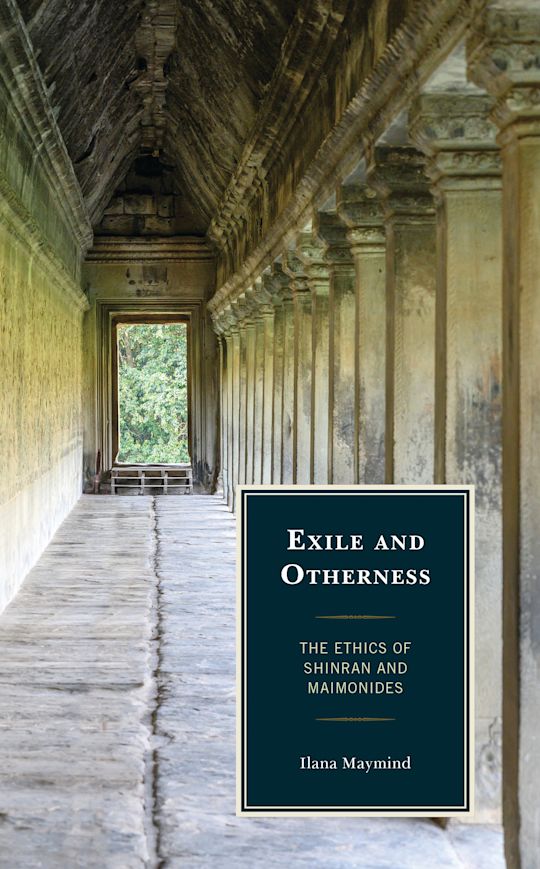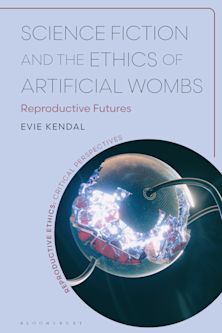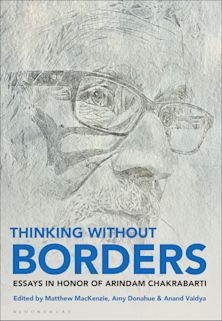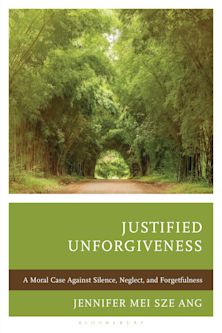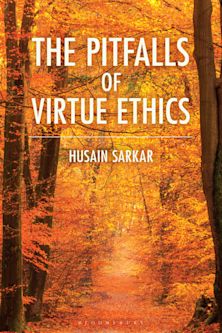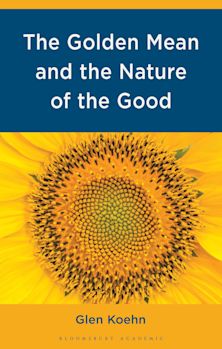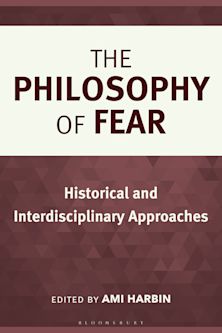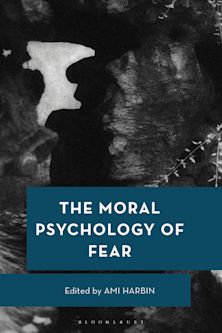- Home
- ACADEMIC
- Philosophy
- Ethics and Moral Philosophy
- Exile and Otherness
This product is usually dispatched within 2-4 weeks
- Delivery and returns info
-
Flat rate of $10.00 for shipping anywhere in Australia
You must sign in to add this item to your wishlist. Please sign in or create an account
Description
In Exile and Otherness: The Ethics of Shinran and Maimonides, Ilana Maymind argues that Shinran (1173–1263), the founder of True Pure Land Buddhism (Jodo Shinshu), and Maimonides (1138–1204), a Jewish philosopher, Torah scholar, and physician, were both deeply affected by their conditions of exile as shown in the construction of their ethics. By juxtaposing the exilic experiences of two contemporaries who are geographically and culturally separated and yet share some of the same concerns, this book expands the boundaries of Shin Buddhist studies and Jewish studies. It demonstrates that the integration into a new environment for Shinran and the creative mixture of cultures for Maimonides allowed them to view certain issues from the position of empathic outsiders. Maymind demonstrates that the biographical experiences of these two thinkers who exhibit sensitivity to the neglected and suffering others, resonate with conditions of exile and diasporic living in pluralistic societies that define the lives of many individuals, communities, and societies in the twenty-first century.
Table of Contents
Preface
Introduction
Chapter 1: Introducing Shinran and Maimonides
Chapter 2: Shinran and Maimonides: Exile and Tolerance
Chapter 3: Shinran and Maimonides: Exile and the “Other”
Chapter 4: What Can We Learn from the Past
Bibliography
About the Author
Product details
| Published | 23 Jun 2020 |
|---|---|
| Format | Hardback |
| Edition | 1st |
| Extent | 190 |
| ISBN | 9781498574587 |
| Imprint | Lexington Books |
| Dimensions | 229 x 159 mm |
| Series | Studies in Comparative Philosophy and Religion |
| Publisher | Bloomsbury Publishing |
About the contributors
Reviews
-
"A timely and yet history-rich reflection on the nature of exile and the refugee experience, Maymind’s book is a keenly conducted exercise in drawing insights interculturally about the origins and effortful perfecting of empathy. Engaged through the lenses of Shinran’s and Maimonides’ biographies of exile, the concept of human nature is shown to have an often unsettling depth of relational complexity, which Maymind then skillfully weaves into broader reflections on the ethical necessity of exile from familiar patterns of presupposition and prejudice. Exile and Otherness builds a case for embracing strangeness in the pursuit, not simply of greater tolerance for difference, but of achieving ever greater qualities of mutual inclusion."--Peter D. Hershock, East-West Center
Peter D. Hershock, Asian Studies Development Program
-
Students of religion who are uncertain what is to be gained by comparing figures so seemingly disparate as Shinran and Maimonides will find provocative answers in Ilana Maymind’s Exile and Otherness. By juxtaposing the Japanese and Jewish thinkers, this highly original text evokes insights and questions about each that independent treatments would never elicit; and, moreover, readers without special interests in either of these seminal philosophers will be rewarded with more general observations about the ethics of exile and about the ways in which implicit theories of human nature (which she makes explicit) impinge on every aspect of their respective oeuvres. Along with the ample and carefully documented particulars, Maymind thereby also provides us a compelling demonstration of the continuing value of comparative religious studies.
Lindsay Jones, The Ohio State University
-
A gripping exploration into the lives of two exiles: Shinran, a Buddhist monk from Japan, and Maimonides, a Jewish scholar from Islamic Spain. All they have in common is the experience of exile, and yet Ilana Maymind created an intricate comparative study that will appeal to philosophers and researchers of exiles, in particular in connection with the ethical implications of diasporic lives and the construction of hybrid identities. A truly compelling narrative.
Tamara Albertini, University of Hawai'i









